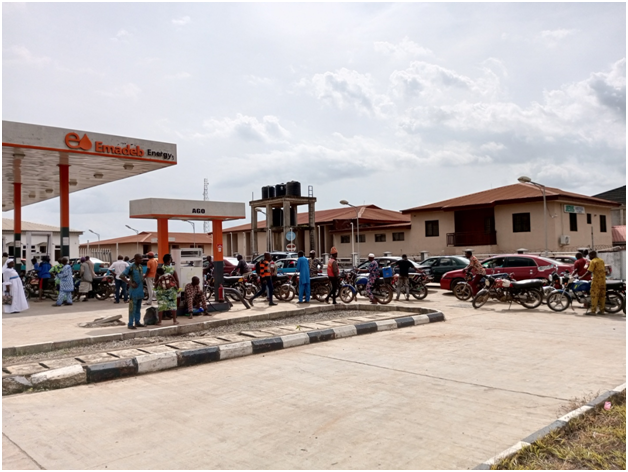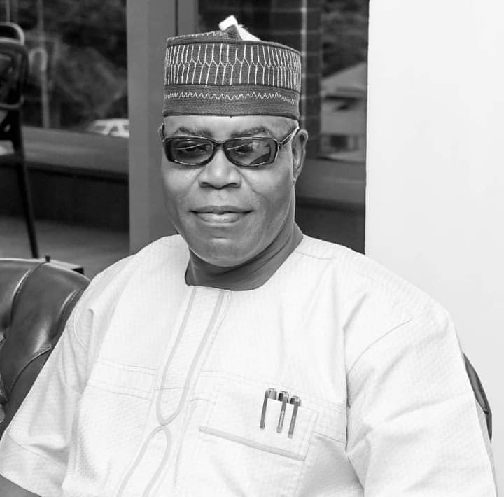Student Loan ’ll make tertiary education accessible — NAOSS

Boluwatife Akinola
The Student Loan Act 2024 has been hailed as a significant step forward in reinforcing Nigeria’s education sector and making education accessible and affordable for youths in the country.
Recall that on April 4, 2024, President Bola Ahmed Tinubu assented to the Student Loans (Access to Higher Education) Act (Repeal and Re-Enacted) Bill 2024, aiming to provide Nigerian youths with interest-free loans for educational pursuits.
The amendment of the initial Student Loan 2023 bill, signed into law by Tinubu on June 13, 2023, was prompted by various challenges encountered in its implementation.
The amended Act establishes the Nigerian Education Loan Fund (NELFUND) as a body corporate with the power to provide loans for tuition, fees, and upkeep during studies at approved tertiary education and vocational institutions in Nigeria.
Unlike the previous law, the administration of the Fund is now centralized under NELFUND of which President Tinubu has appointed a management, eliminating the Special Committee structure.
Key amendments also include the removal of income eligibility criteria, guarantor requirements, and the disqualification of applicants based on their parents’ loan history.
Additionally, the Act expands loan purposes to cover not only tuition but also other institutional fees and maintenance allowances for students.
It introduces leniency in loan recovery, delaying repayment until two years after the completion of the National Youth Service programme and providing avenues for an extension due to unemployment.
Assessing the Act, the Global President of the National Association of Ondo State Students, NAOSS Oyelade Hammed, in a conversation with The Hope, commended the amendment, recognizing its potential to enhance educational accessibility and affordability.
However, Oyelade raised concerns regarding the implementation and underlying motives, with suspicions of a concealed agenda aiming to escalate tuition fees across universities such as the University of Ibadan and Obafemi Awolowo University.
“Student loan bills would have been an astute way to move the Nigerian education sector vastly forward, but as it seems, the policy seems to be up for a hidden agenda, which is to jack up tuition fees, as we can see with various universities, such as the University of Ibadan and Obafemi Awolowo University, to mention a few.
“Aside from the fact that the policy looks to be a good one if properly implemented, Nigeria has a flare for good policies but lacks sustainability and implementation,” he added.
The NAOSS president underscores the importance of sustaining education subsidies and reducing tuition fees to ensure equitable access to quality education.
In his words, “I think if there were other things to be added, it would be the return of education subsidies and a reduction in tuition fees in school. Also, there is a need to provide more employment space, a reduction in civil service years, and retiring overaged personnel to provide space for young graduates with these loan repayments.”












